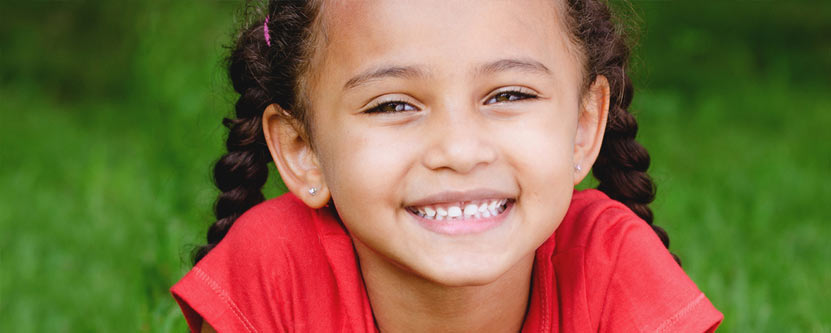Worms having nothing do with your child grinding their teeth. “Bruxism” as it is called, it affects 2 to 3 out of 10 children.
[the_ad id=”13371″]
It is an involuntary behavior means, the child does it without realizing it. It goes away as the child grows but if it persists, your child may require professional help. One thing which all parents would agree to “It affects you more than your child. So need not worry.”It usually occurs after a child develops their first teeth and again after they develop their permanent teeth. It can occur during the day but usually occurs in clusters throughout the night when child is in deep sleep.
Why does it occur?
Theories abound but nothing concrete. Psychological, physiological and physical stressors are believed to give rise to it and in fact, rarely, some medicines might contribute to it. Some common stressors:
- Psychological stress like anxiety, stress, anger, frustration or tension
- Developmental disorders like intellectual disability/ autism
- Aggressive, competitive or hyperactive temperament in children
- Abnormal alignment of upper and lower teeth
- Physical stressors like dehydration, enlarged adenoids or tonsils, transient illnesses
- Other sleep problems, such as sleep apnea
If you don’t find any of the above, don’t try to unnecessary connect any of the above stressors to your child. Most often than not, you will find none.
What should the parents look out for?
Rather than the intensity or pitch of the teeth grinding, parents should look out for
- Complaints of a sore jaw or face after waking up in the morning
- Pain with chewing
- Tooth pain/ Jaw muscle pain
- Mouth and facial pain
- Limited jaw movement
- Damaged or worn teeth
- Sore gums
- Headaches
If any of the above, consult a pediatrician who may then refer you to a pediatric dentist/psychiatrist/psychologist if required.
What are the complications?
Children who grind their teeth are more susceptible to chipped teeth, facial pain, gum injury, and temperature sensitivity. In extreme cases, frequent, harsh grinding can lead to the early onset of temporomandibular joint disorder (TMJ).The consequences of teeth grinding in children are often manifested in behavioral problems due to the constant nocturnal arousal.
Is it treatable?
Yes, bruxisme is treatable but treat if you find any of the above factors or complications coming up. It can be treated by mouth guards/dental correction if needed along with therapies to treat the underlying cause like relaxation techniques and behavior therapy.
What measures can I take as a parent to prevent bruxisme?
- Ensure good sleeping habits in your child
- Ensure routine dental check ups
- Ensure your child is mentally healthy
- Look out for signs of anxiety and stress in your child
- Talk with kids regularly about their feelings and help them deal with stress
Source:

